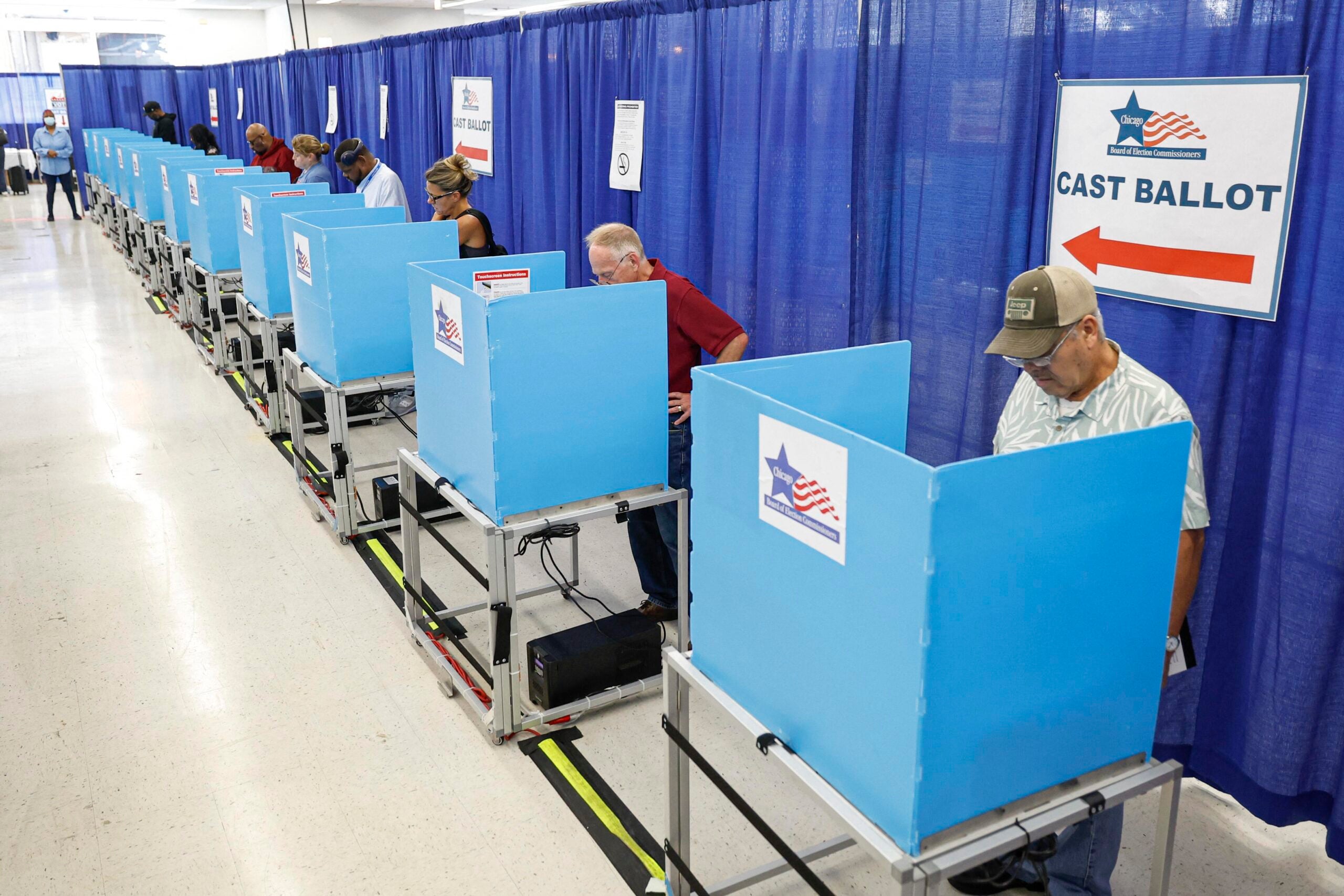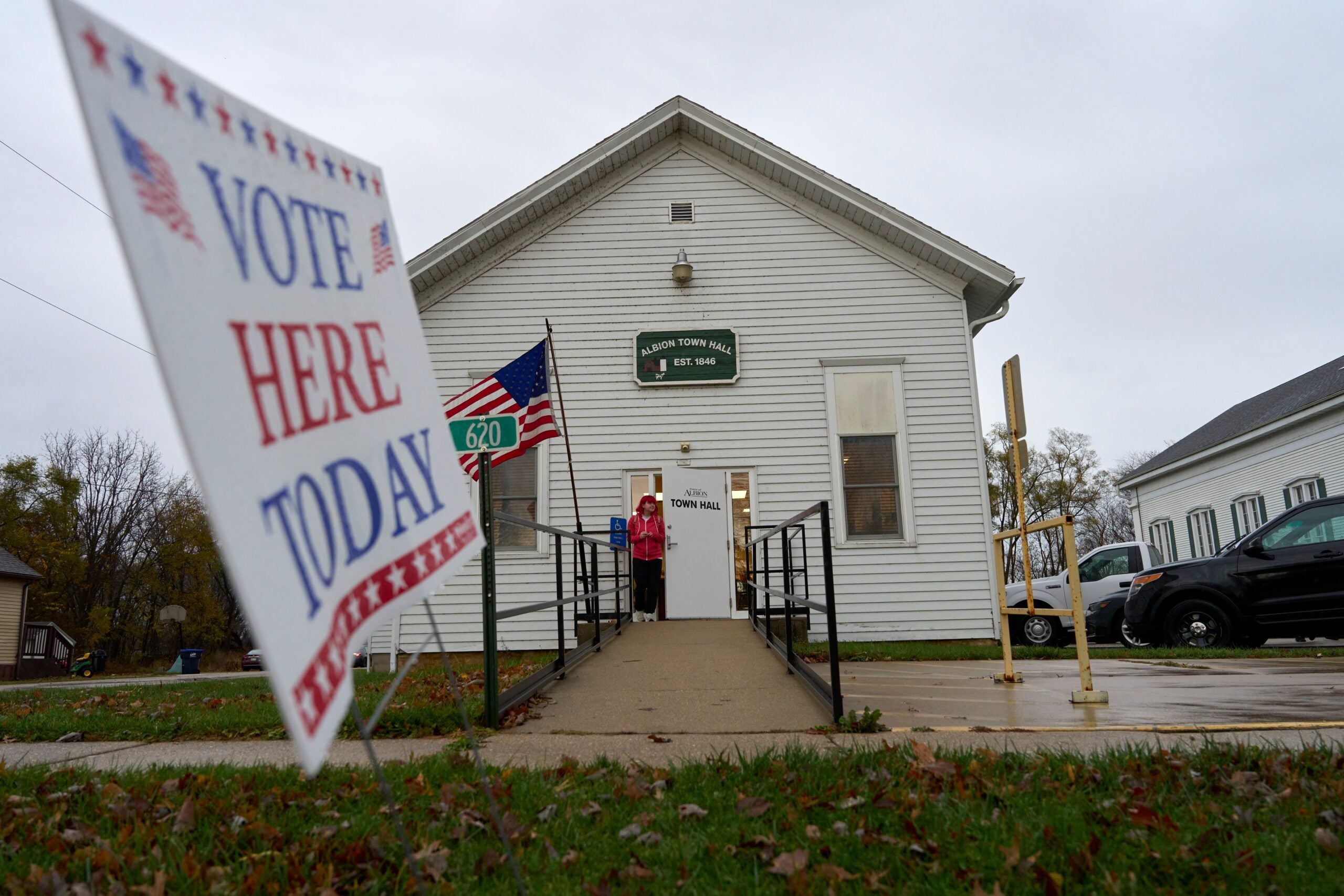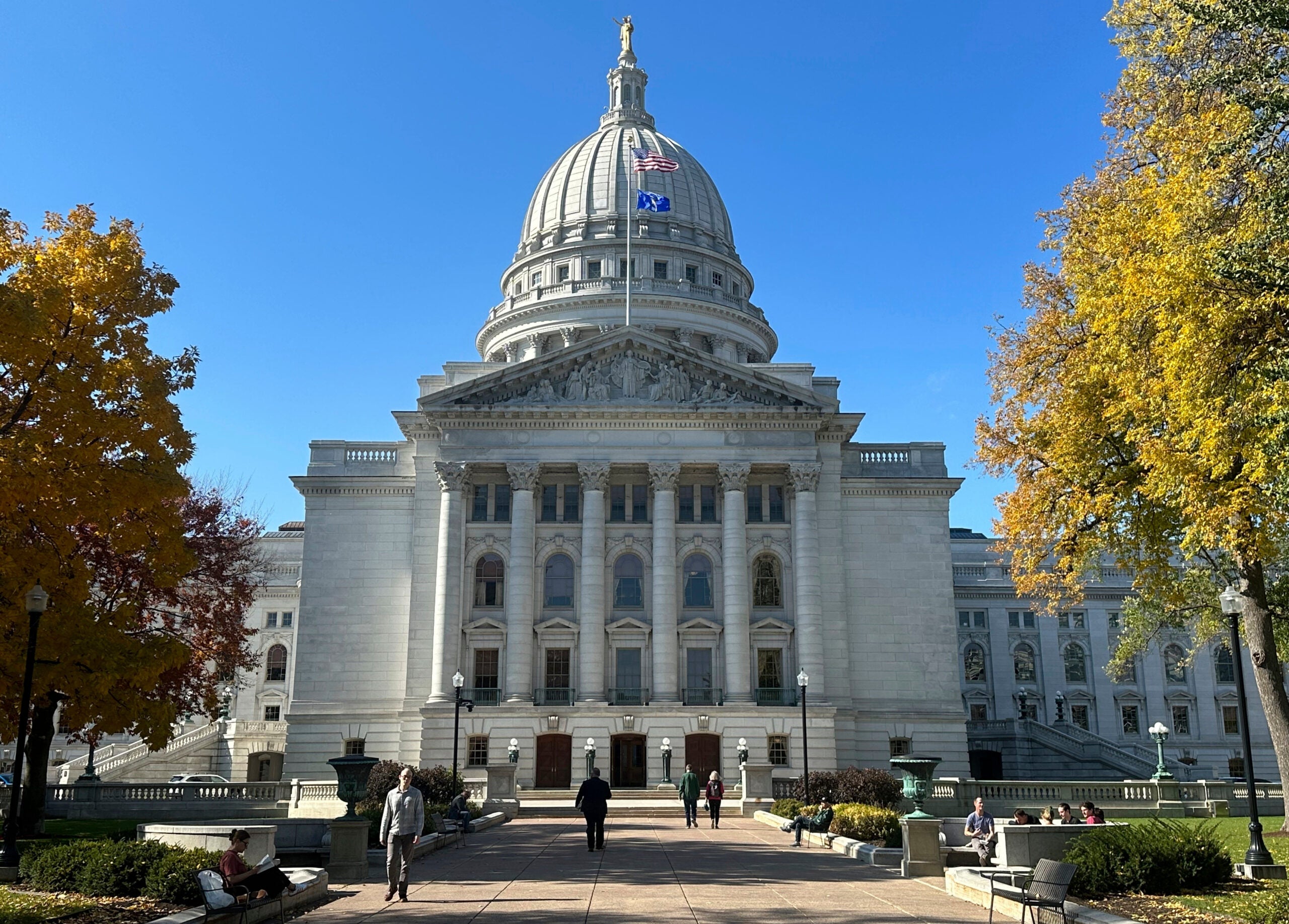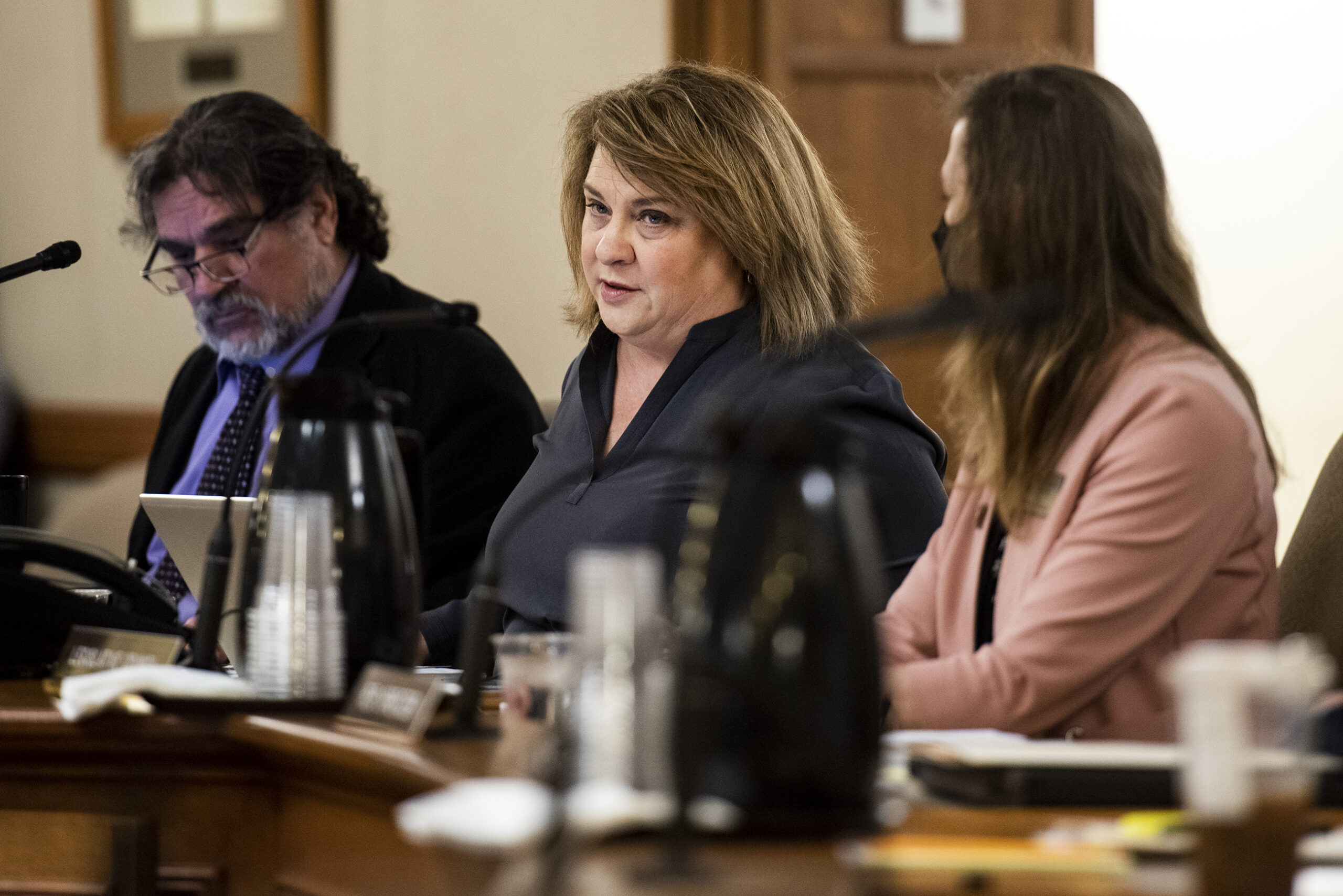Two lawsuits seeking last-minute changes to Wisconsin’s voter registration list are working their way through the courts just three weeks ahead of the presidential election. They allege voter rolls contain more than 100,000 registrations “that appear to be invalid” and election officials could switch a voter’s status through “malfeasance.”
A lawsuit filed on Sept. 30 by attorney Daniel Eastman on behalf of three Milwaukee residents claims 143,742 voters listed as active on Wisconsin’s registration list as of Aug. 19 “appear to be invalid” based on cross references with U.S. Postal Service data. The suit alleges 56,336 of those “Anomalous Registrations” are in Milwaukee.
The lawsuit is asking the court to order the Milwaukee Elections Commission to mail notices to each individual associated with an anomalous registration and remove those who do not respond within 30 days from the state’s voter registration list. It also seeks an order requiring the Wisconsin Elections Commission to instruct all of Wisconsin’s nearly 2,000 local election clerks to do the same.
News with a little more humanity
WPR’s “Wisconsin Today” newsletter keeps you connected to the state you love without feeling overwhelmed. No paywall. No agenda. No corporate filter.
Eastman was one of the lawyers involved in a 2020 lawsuit seeking to overturn former President Donald Trump’s loss to President Joe Biden. Eastman did not return a call requesting comment on the current voter registration suit.
Kevin Kennedy is the former head of the Government Accountability Board, which was dismantled in 2015 by legislative Republicans and former GOP Gov. Scott Walker following a board probe into whether Walker illegally coordinated with conservative groups during a 2012 recall election.
Before his time on the GAB, Kennedy headed the Wisconsin Elections Board for more than 33 years. He told WPR the timing of the lawsuit is “unfortunate” because the relief plaintiffs are requesting, specifically the 30 day notices to voters, can’t happen before the Nov. 5 election.
Kennedy said during his career allegations about Wisconsin’s voter registration list weren’t uncommon, but they typically weren’t brought via lawsuits. He said the state’s elections commission is constantly vetting voter registration statuses via multiple sources, including U.S. Postal Service records. Kennedy said it appears the broader goal of voter roll lawsuits in Wisconsin and other states is sowing distrust.
“It’s to undermine confidence in the elections,” said Kennedy. “And it’s to lay a basis, if the outcome is unfavorable to the people bringing the lawsuit or if it’s close, … for challenging.”
Another lawsuit, filed on Oct. 3, claims “there is a legitimate concern” that state elections commission staff or any local election official “may be activating inactive voter records and sending out absentee ballots.” It asks a Marinette County Circuit Court judge to order the elections commission to “prevent any voter record that is currently inactive from being changed to active status.”
The lawsuit cites a Sept. 26 letter from the Republican National Committee sent to the elections commission claiming evidence of 1,208 individuals listed as inactive on the state’s voter rolls had requested absentee ballots for the general election.
In a Sept. 27 response obtained by WPR, Wisconsin Elections Commission Administrator Meagan Wolfe said ineligible voters who don’t appear in pollbooks cannot cast ballots. She cited an example where a voter, identified by number, requested an absentee ballot and died eight days later. Wolf closed the letter by stating that, in the future, “we would appreciate if you would call us before publishing a letter which inaccurately portrays the data you requisition.”
Bryna Godar is a staff attorney with the State Democracy Research Initiative at the University of Wisconsin Law School. She told WPR that with the election three weeks away, “it’s unlikely that these lawsuits are going to change anything about the voter rolls.”
“When you get this close to an election, courts are understandably hesitant to change voter registrations or other election rules that could risk disenfranchising eligible voters,” Godar said.
Godar said state elections officials use the Electronic Registration Information Center to check voter rolls for inactive or ineleigible voters. The system references postal service data along with data from the Wisconsin Department of Motor Vehicles and records from the U.S. Social Security Administration.
League of Women Voters of Wisconsin Executive Director Debra Cronmiller told WPR there “has been a big uptick” in lawsuits and complaints questioning the integrity of elections in the state. But she said “in every case, recounts have been validated, we only have eligible voters voting.”
Wisconsin Public Radio, © Copyright 2025, Board of Regents of the University of Wisconsin System and Wisconsin Educational Communications Board.






